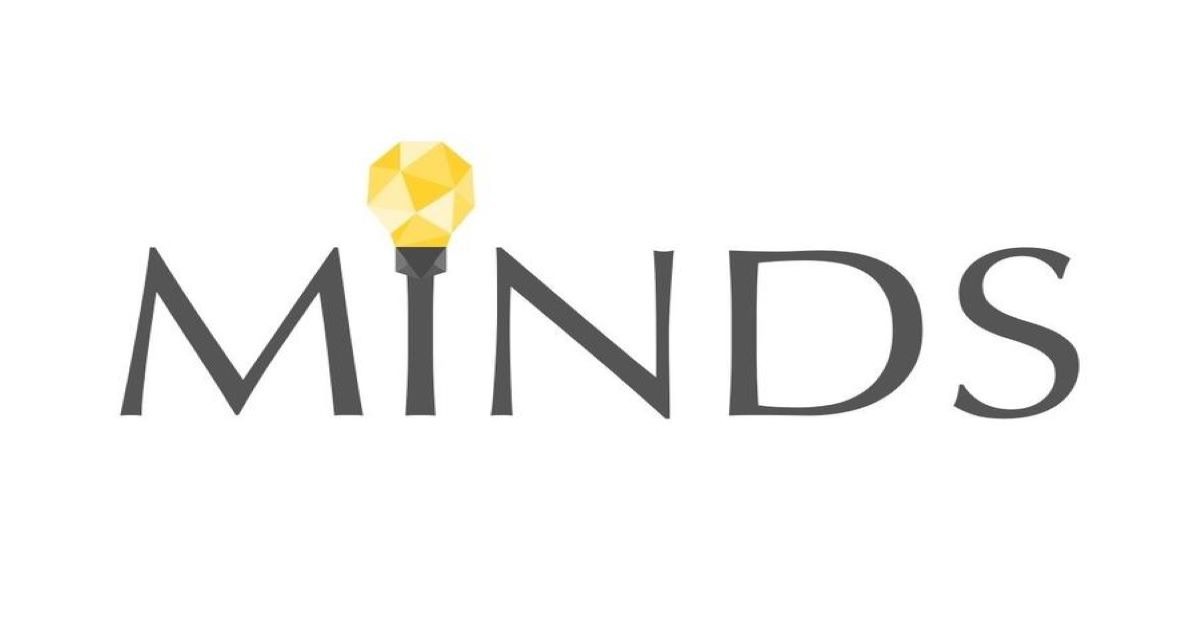Tokenized apps are the Web 3.0 elixir to the poison brew supplied by our social-media oligarchs. But imbibing enough people to slay the giants won’t be easy. They have silos of cash, mass adoption, and political clout. And they enjoy their perch as America’s Overton-Window setters and cultural enforcers.
For those yearning for a world without these censorious distillers, options exist but they require energy and patience.
Recently I switched to two tokenized crypto-based apps: Brave browser and Minds social media. While I’ve generally had a good experience, both platforms, especially Minds, needs work before slaying the giants.

The Brave browser is good, it needs to get better
Brave is the brainchild of JavaScript creator Brendan Eich. In 2014, cultural enforcers “cancelled” him as Mozilla CEO for donating to a successful ballot initiative years earlier. Brave is Eich’s revenge (although he likely wouldn’t describe it that way). The browser seeks to wrest web control from Mountain View snoopers and hand it to the user.
In 2016 Eich described his Web 3.0 vision: “Try to imagine a world where you own your dossier, it’s your online life, it should be your data, if you own it then you can give terms of service to the big network superpowers, the walled gardens, the giant companies that own too much of your data right now . . . that would be a good day.”
Brave’s contribution to this new world is a browser that trades user attention for advertiser-supplied tokens in a straightforward exchange free of bots, bits, spiders, and snitches. Users can then tip earned BATs (Basic Attention Tokens) to their favorite content creators. As Brave explains: “When you join Brave Rewards, your browser will automatically start tallying (only on your device’s local storage) the attention you spend on sites you visit. Once a month, Brave Rewards will send the corresponding amount of BAT, divided up based on your attention, from your local browser-based wallet to the sites you’ve visited.”
Tokenized BAT is hard to find
I never saw an advert in my first two Brave-filled months and thus did not receive any BAT. Only after further inquiry I realized my Windows 10 operating system blocked pop ups, stopping the adverts. The problem is now resolved but it took effort and research.
I also found the default resolution size on my laptop to be too small and had to keep manually adjusting. I switched the Appearances setting Page Zoom to 150%, which solved the issue.
Finally, the “Top Sites” setting on the landing page doesn’t work properly and lacks functionality. Brave designed this feature to resemble Google Chrome, but ‘Pinned’ sites don’t stay pinned, the user cannot move the icons around, nor can he add additional sites.
Overall Brave meets expectations for from Mozilla or Google jumpers. Small glitches still exist and programmers could better explain why people wouldn’t see ads. But users who want a satisfying browsing experience whilst protecting their privacy, standing against cancel culture, and earning tokens on the side should switch to Brave.
Minds: a tokenized app that needs work
My Minds experience has been more frustrating. The “leading alternative social network” is brimming with great ideas yet lacking in execution. Minds bills itself as the way to “take back control of your social media.” It focuses on free speech and censorship resistance. Like Brave (and unlike Facebook, Google/YouTube, and Twitter), Minds cares about user privacy. Founder Bill Ottman recently stated he aims to provide a “spy free alternative to mainstream social media platforms.”
Also like Brave, use earns tokens. Users receive some fraction of Minds tokens for interactions they generate. Users can then reward content providers, boost their own content, or (eventually) cash them out. As the site states, Minds allows you to “Earn tokens for your daily contributions and use them to upgrade your channel, boost your content for more reach and support other creators.” Minds earned media by crowdfunding their venture and breaking records in the process.
Minds was built by programmers for programmers
Unfortunately, the user experience lacks pizzaz and glitches abound. Minds programmers built it for laptops first. Mobile users get a lesser experience. The interface and ease of finding different pages is harder on mobile. Some features like promoting pages on a side column are absent. But even the desktop user experience has a pulled-right-off-template feel. The aesthetics feel programmer, not design driven.

Worse is the lack of mobile functionality. I failed several times to buy Minds tokens through mobile. Users apparently can only complete this task via laptop although the site doesn’t say that. Buying tokens requires a Meta Mask wallet (from a Mozilla or Google browser extension, Brave and Minds don’t seem compatible yet). For those whose crypto buying ends with Coinbase this process can be mind-numbing. Although Meta Mask mobile functionality is also improving. I was only able to figure out the Meta Mask process and link it to my Minds account after an entire day.
Minds tokens went missing and never came back
But that was just the start. The token purchase appeared in my Minds transaction page, but the tokens didn’t FOR TWO WEEKS. The delay was blamed on Ethereum congestion. There is no universe where a simple token purchase should take two weeks, ever, period. During this time, I wasn’t sure if I’d been hacked, one day ETH just disappeared from my Meta Mask wallet. Eventually I got the tokens and start boosting content. I must add Bill Ottman, Minds founder, personally helped me get the issue resolved. I doubt @Jack would be so concerned.
But that wasn’t my last issue. A few weeks later a platform backlog cancelled my boosted content. This did not stop Minds from taking the tokens, nor the ETH fee. (Each “On Chain” Minds transaction requires a separate miner ETH fee in addition to the actual tokens for the transaction). When I emailed about this situation, they told me they would manually return the tokens. They never did despite several follow ups.
Finally, the newsfeed is horrid. A scroll often produces content from the same user for a dozen straight posts. Apparently, some people do nothing all day but continually post. Although straight timelines are preferable to algorithms, the newsfeed is often boring or tedious.

Tokenized apps are the future, embrace the suck
Tokenized apps are the future, they are gaining ground on and notice from the giants. Google has reportedly banned access to YouTube competitor Bitchute. Apple has banned dApps altogether. It won’t end there.
But those wary of the oligarchs and excited for Web 3.0’s promise should support these tokenized apps. We should do so despite inconveniences, steep learning curves, or missing rewards. The oligarchs poison is our ignorance and laziness.








